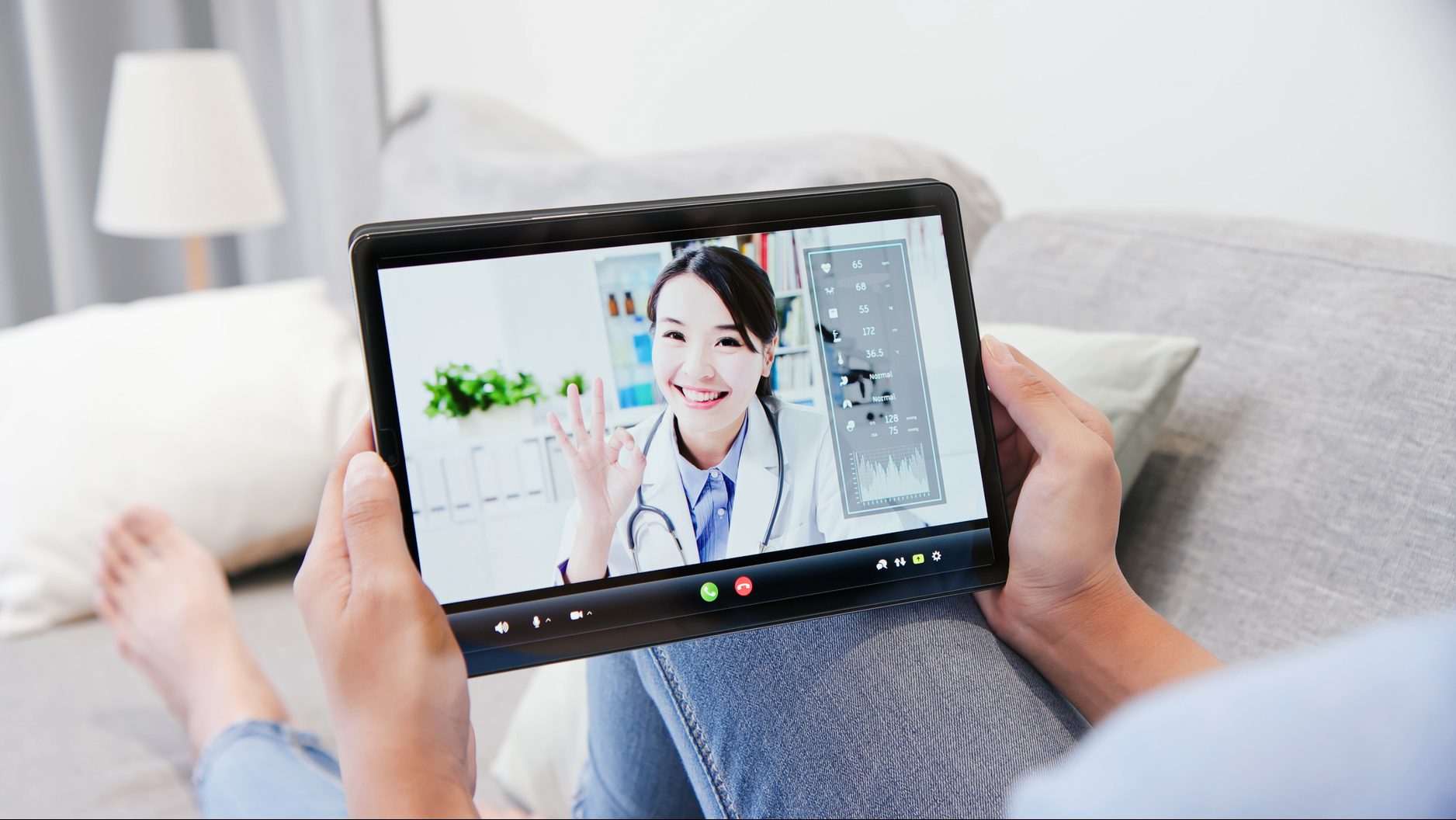SINGAPORE: An article in CNA on Monday (Nov 4) regarding the challenges doctors face when providing medical consultations remotely has received much attention online.
The topic has been especially relevant after the Ministry of Health recently said it intends to revoke the licence of a medical clinic that had provided extremely short teleconsultations, with some lasting less than a minute.
MOH said on Oct 24 that MaNaDr Clinic can no longer provide outpatient medical services in a clinically and ethically appropriate manner.
Moreover, 41 doctors who had given teleconsultation services at the clinic are being referred by MOH to the Singapore Medical Council (SMC) for inquiries into possible professional misconduct.
MOH had already had MaNaDr Clinic stop its outpatient medical services via teleconsultation by Aug 16 and conducted investigations afterwards.
CNA spoke to physicians who provide telemedicine, one of whom said approximately 10 to 15 per cent of her patients are malingerers, which means they fake illness symptoms to have a reason not to go to work.
One doctor was even quoted as saying they had seen “cases where they straight out say that they are ‘clearing MC’,” a phrase that surprised many commenters online.
The physicians also talked about patients abroad while they were requesting MCs.
Others ask for MC to avoid touching their annual leaves, adding that doctors risk being complained about when they don’t accommodate patients’ requests.
On some days, doctors who provide telemedicine are so busy taking one call after another that they barely have time for bathroom breaks.
CNA added in the report that telemedicine apps are now increasing checks to prevent telehealth abuse, especially after MOH’s announcement regarding MaNaDr.
Many commenters on the CNA piece on Reddit stood up for telehealth despite those who abuse it.
One wrote that in-person consults with primary physicians are expensive, and booking them can be challenging.
“Telemedicine provides another way to ease this burden. Abusers will abuse, no matter the circumstances. Telemedicine is one of the correct choices we’ve made,” they added.
Another wrote that “in a well functioning workplace, MC abuse corrects itself,” in that people who abuse MCs tend to be poor workers who don’t accomplish much, while those who seek telehealth consultations when they’re genuinely ill would do well “even with the occasional bout of flu.”
Some noted, however, that in other countries, MCs are not needed if a worker is absent for less than three days, and they urged again that in Singapore, the trust extended toward employees needs to grow. /TISG
Read also: S’poreans shocked & dismayed at clinic that provided teleconsultations lasting 1 minute or even less
Featured image by Depositphotos (for illustration purposes only)

